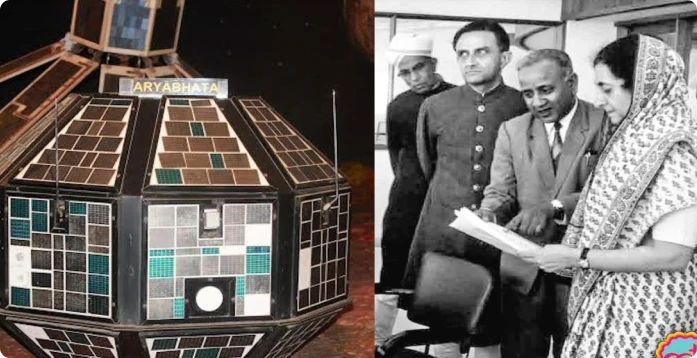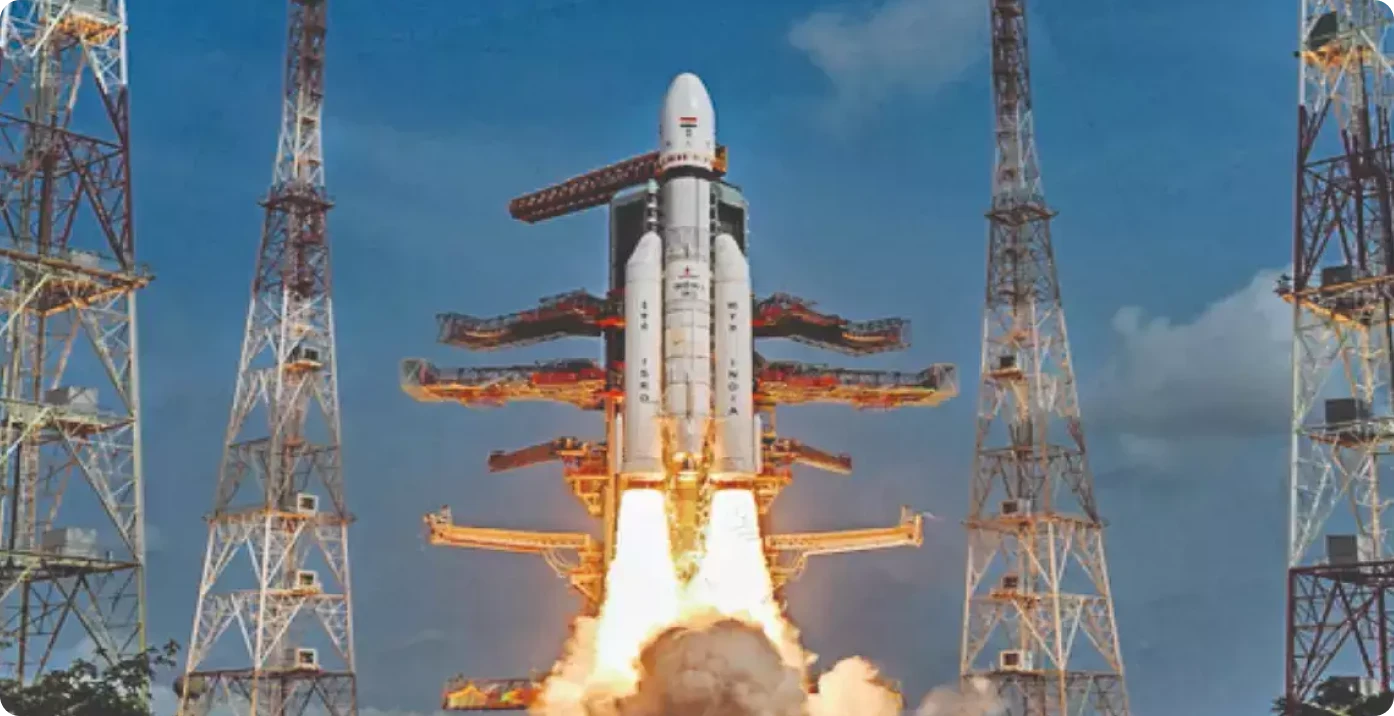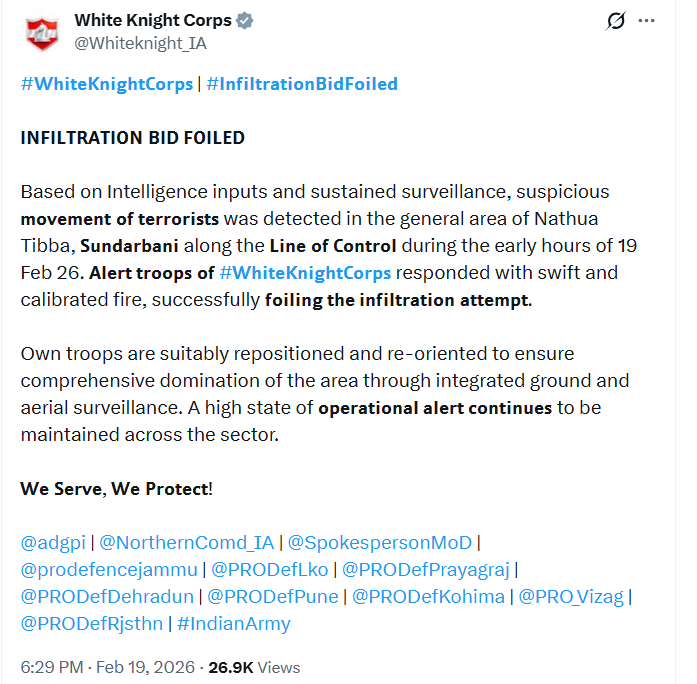Space Laws - Indian Perspective
Introduction
Recent advances in space exploration and technology have increased the need for space laws to control the actions of governments and corporate organisations. India has been attempting to create a robust legal framework to oversee its space activities because it is a prominent player in the international space business. In this article, we’ll examine India’s current space regulations and compare them to the situation elsewhere in the world.
Space Laws in India
India started space exploration with Aryabhtta, the first satellite, and Rakesh Sharma, the first Indian astronaut, and now has a prominent presence in space as many international satellites are now launched by India. NASA and ISRO work closely on various projects

India currently lacks any space-related legislation. Only a few laws and regulations, such as the Indian Space Research Organisation (ISRO) Act of 1969 and the National Remote Sensing Centre (NRSC) Guidelines of 2011, regulate space-related operations. However, more than these rules and regulations are essential to control India’s expanding space sector. India is starting to gain traction as a prospective player in the global commercial space sector. Authorisation, contracts, dispute resolution, licencing, data processing and distribution related to earth observation services, certification of space technology, insurance, legal difficulties related to launch services, and stamp duty are just a few of the topics that need to be discussed. The necessary statute and laws need to be updated to incorporate space law-related matters into domestic laws.
India’s Space Presence
Space research activities were initiated in India during the early 1960s when satellite applications were in experimental stages, even in the United States. With the live transmission of the Tokyo Olympic Games across the Pacific by the American Satellite ‘Syncom-3’ demonstrating the power of communication satellites, Dr Vikram Sarabhai, the founding father of the Indian space programme, quickly recognised the benefits of space technologies for India.
As a first step, the Department of Atomic Energy formed the INCOSPAR (Indian National Committee for Space Research) under the leadership of Dr Sarabhai and Dr Ramanathan in 1962. The Indian Space Research Organisation (ISRO) was formed on August 15, 1969. The prime objective of ISRO is to develop space technology and its application to various national needs. It is one of the six largest space agencies in the world. The Department of Space (DOS) and the Space Commission were set up in 1972, and ISRO was brought under DOS on June 1, 1972.

Since its inception, the Indian space programme has been orchestrated well. It has three distinct elements: satellites for communication and remote sensing, the space transportation system and application programmes. Two major operational systems have been established – the Indian National Satellite (INSAT) for telecommunication, television broadcasting, and meteorological services and the Indian Remote Sensing Satellite (IRS) for monitoring and managing natural resources and Disaster Management Support.
Global Scenario
The global space race has been on and ever since the moon landing in 1969, and it has now transformed into the new cold war among developed and developing nations. The interests and assets of a nation in space need to be safeguarded by the help of effective and efficient policies and internationally ratified laws. All nations with a presence in space do not believe in good for all policy, thus, preventive measures need to be incorporated into the legal system. A thorough legal framework for space activities is being developed by the United Nations Office for Outer Space Affairs (UNOOSA). The “Outer Space Treaty,” a collection of five international agreements on space law, establishes the foundation of international space law. The agreements address topics such as the peaceful use of space, preventing space from becoming militarised, and who is responsible for damage caused by space objects. Well-established space laws govern both the United States and the United Kingdom. The National Aeronautics and Space Act, which was passed in the US in 1958 and established the National Aeronautics and Space Administration (NASA) to oversee national space programmes, is in place there. The Outer Space Act of 1986 governs how UK citizens and businesses can engage in space activity.

Conclusion
India must create a thorough legal system to govern its space endeavours. In the space sector, there needs to be a legal framework to avoid ambiguity and confusion, which may have detrimental effects. The Pacific use of space for the benefit of humanity should be covered by domestic space legislation in India. The overall scenario demonstrates the requirement for a clearly defined legal framework for the international acknowledgement of a nation’s space activities. India is fifth in the world for space technology, which is an impressive accomplishment, and a strong legal system will help India maintain its place in the space business.










